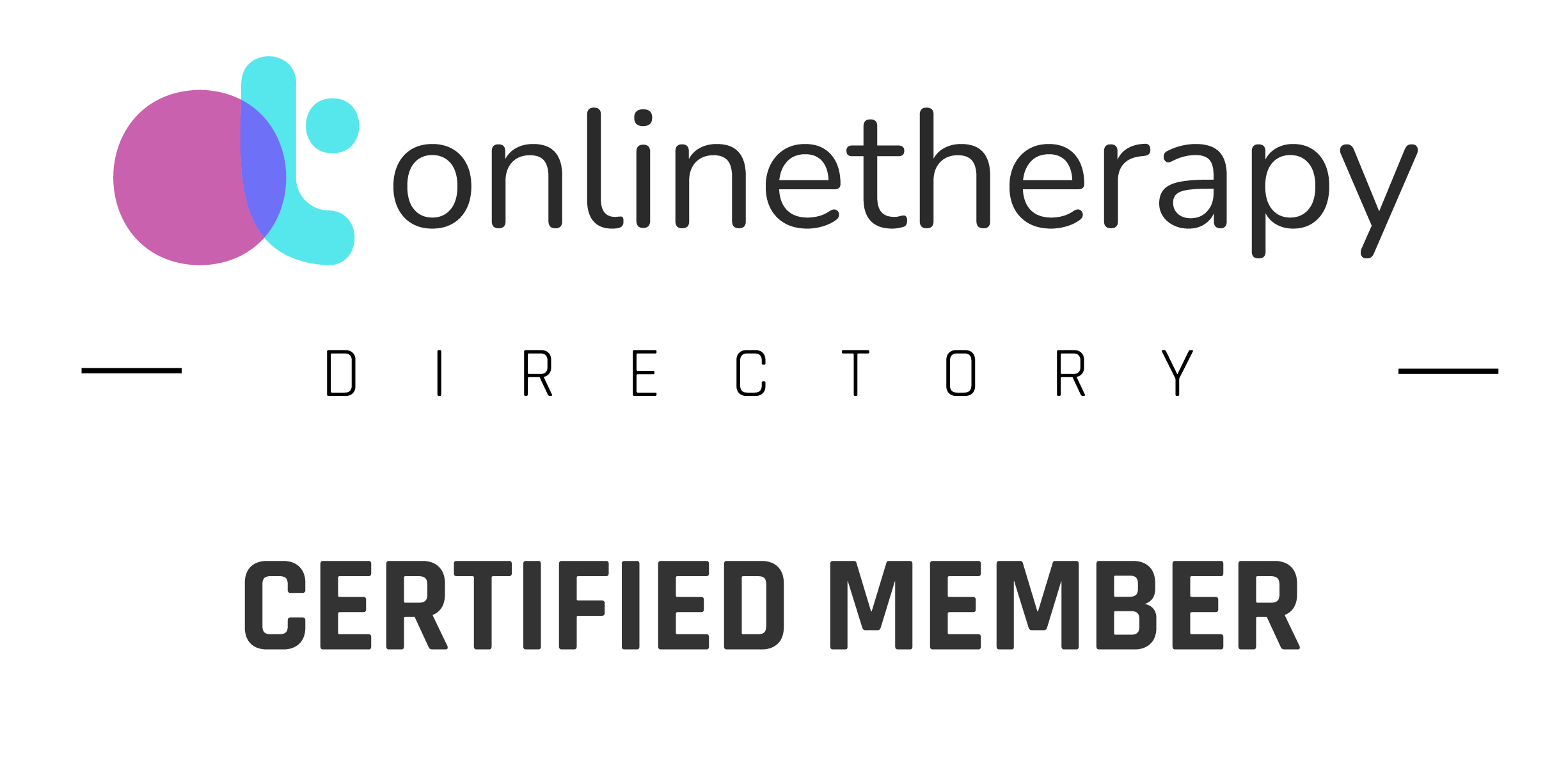In the intricate tapestry of medicine, the placebo effect weaves a fascinating yet complex thread. The placebo effect is the phenomenon in which a patient’s belief and expectation of treatment can lead to real, measurable improvements in their health. This effect has been studied for centuries, yet its mechanisms remain a mystery.
Unraveling its mysteries is crucial for advancing medical understanding and navigating the potential pitfalls it presents. Let’s delve into the nuances of the placebo effect, exploring its definition, the power of belief, its role in medicine, and how to harness its potential while being mindful of its pitfalls.
What Is the Placebo Effect?
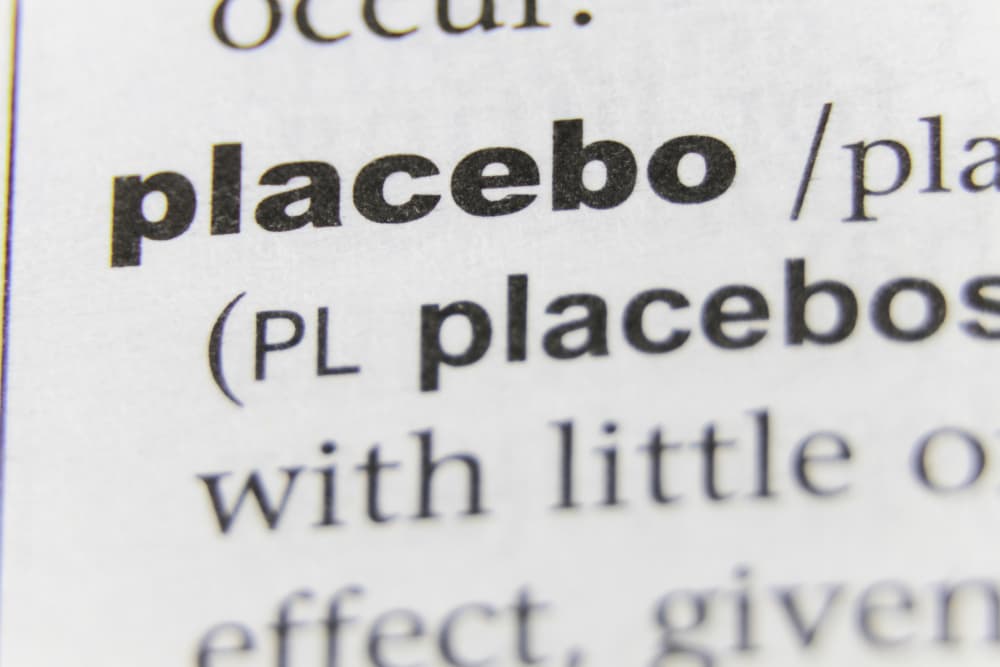
According to The National Library of Medicine, the placebo effect improves a patient’s condition based on their belief in receiving treatment, even if they are given an ineffective substance.
Placebo interventions encompass a range of treatments, such as administering sugar pills, saline injections, and engaging in therapeutic rituals. Although lacking active ingredients, these techniques have been used to study the power of the mind and its impact on health outcomes. This belief and expectation can trigger physiological changes in the body, resulting in real improvements.
The Power of Belief
At the heart of the placebo effect lies the profound impact of belief. The National Library of Medicine also mentions that the mind can elicit physiological changes, affecting everything from pain perception to overall well-being.
Research has shown that belief and expectation can activate the release of endorphins, dopamine, and other neurotransmitters associated with pleasure, reward, and pain relief. This may explain why patients often report feeling better even when receiving a placebo.
The Role of Placebos in Medicine
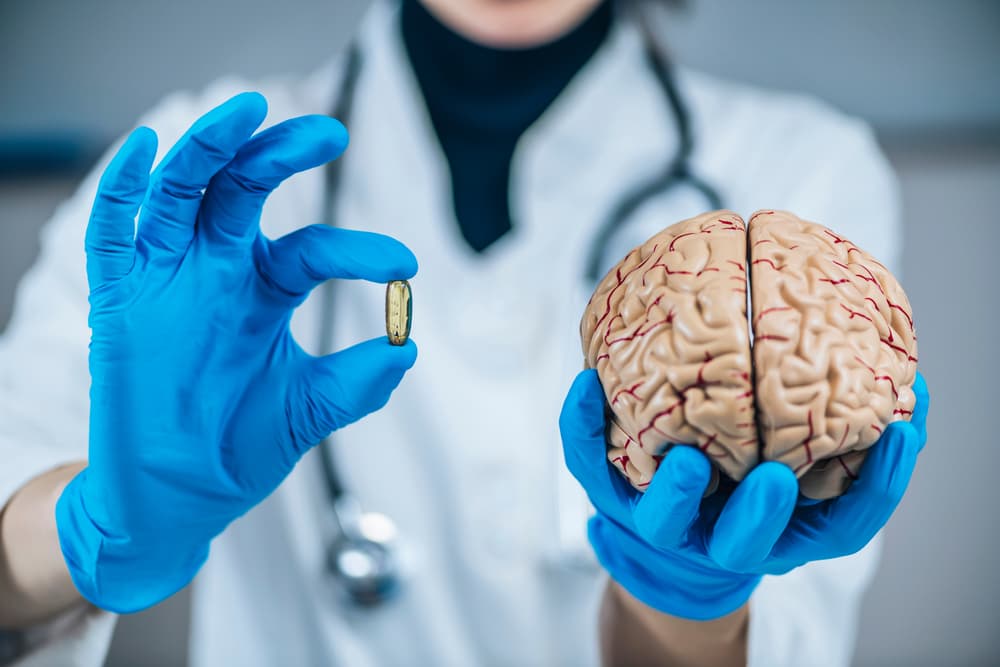
The human mind possesses remarkable healing capabilities when given the opportunity. Our brains can fascinate us by persuading our bodies to respond as if a sham treatment were genuine — we call this phenomenon the placebo effect.
There are several theories about how placebo effects work. One theory is that placebos work by activating the brain’s pain-relieving system. Another theory is that placebos increase the patient’s hope and optimism, leading to improved mood and physical health.
Placebo effects can be a powerful tool in medicine. They can reduce pain, improve mood, and decrease the need for medication. In medicine, researchers have used placebos to challenge and dismiss ineffective and potentially harmful treatments.
However, it is important to note that placebo effects are unreliable. They can be unpredictable and may only work for some.
Can Doctors Prescribe Placebos?
The American Medical Association (AMA) has a policy on using placebos. The AMA states that researchers should only use placebos in research settings or if there is a strong scientific rationale for their use. The AMA also states that healthcare providers should always inform patients that they are receiving a placebo.
Placebo Effect Pitfalls
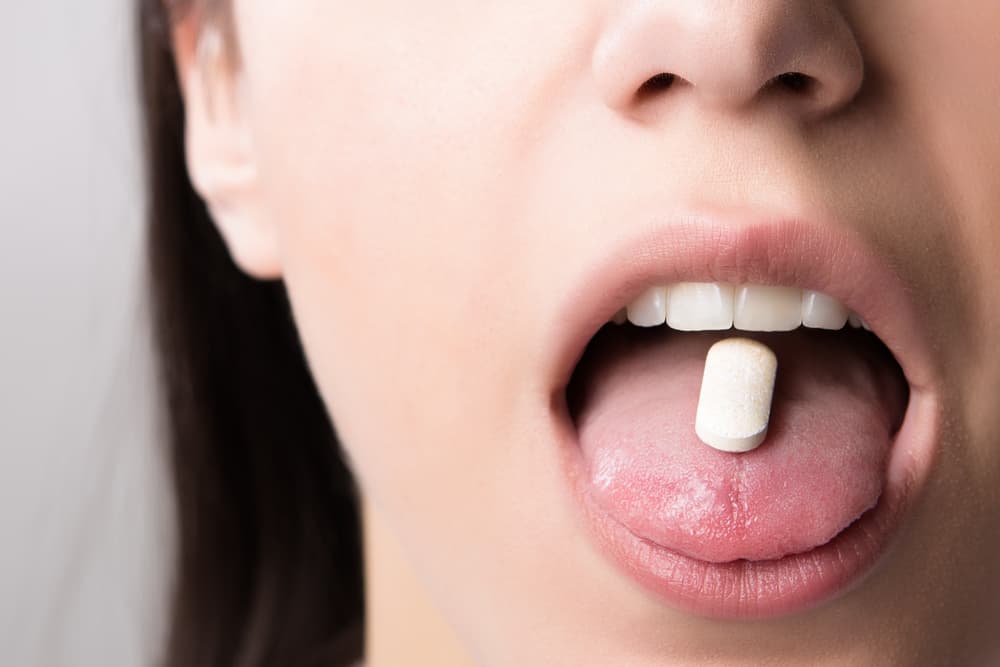
While the placebo effect can be a powerful tool in medicine, it is important to recognize its potential pitfalls. One of the main concerns is the risk of self-medication.
Self-medication is when individuals use treatments or medications without consulting a healthcare professional. This can include taking over-the-counter drugs or even using alternative therapies based on anecdotal evidence or personal beliefs.
In some cases, the belief in the effectiveness of these treatments can lead to a placebo effect and provide temporary relief. However, self-medication also presents significant risks, as it bypasses proper medical assessment and potentially delays necessary treatment.
Another potential pitfall is relying solely on the placebo effect to manage chronic conditions or serious illnesses. While placebos may provide short-term relief, they do not offer a cure. Patients must seek proper medical treatment and not solely rely on the placebo effect.
Harnessing the Placebo Effect
Doctors can harness the placebo effect positively and ethically. For example, doctors can use it to reduce the need for medication, minimize side effects, and improve overall patient well-being in depression and anxiety cases. Also, can provide support by referring them to medication management services.
Healthcare providers can utilize therapeutic communication techniques and build strong relationships with their patients by understanding the power of belief and expectation. This trust and rapport are crucial in promoting positive outcomes and enhancing the placebo effect.
The Nocebo Effect
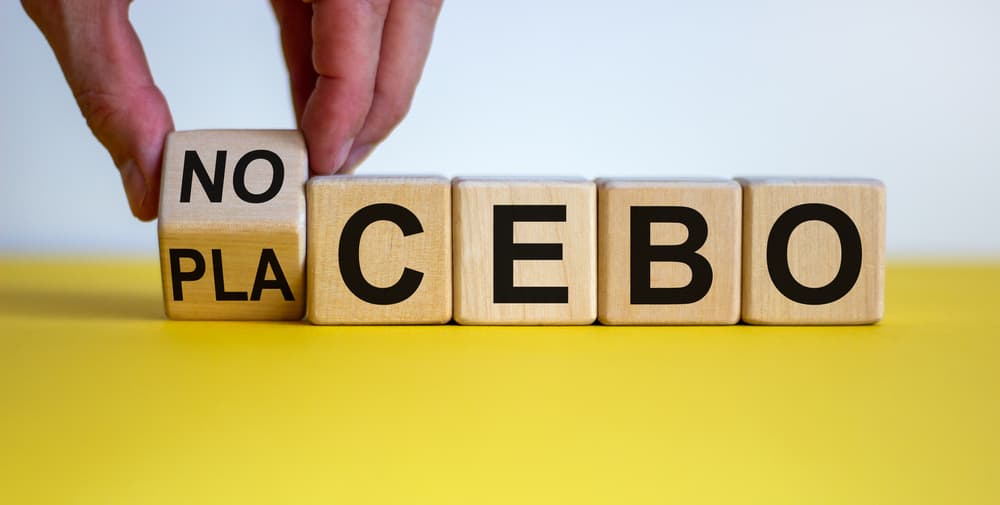
We already talked about the placebo effect, but what about the nocebo effect? The nocebo effect is the opposite of the placebo effect. This phenomenon occurs when negative expectations and beliefs result in negative health outcomes despite receiving effective treatment.
Essentially, if we believe that something will harm us, it can do so. Therefore, healthcare providers must know their words and how they may influence their patients’ beliefs and expectations.
Final Thoughts
The placebo effect is a fascinating phenomenon that demonstrates the impact of belief on our health. Medicine has studied it extensively, revealing its potential benefits and pitfalls. Healthcare providers can optimize patient care and improve overall well-being by understanding its role and harnessing its power ethically.
If you seek medication management in Reno, seek a healthcare provider who understands and utilizes the placebo effect effectively to help improve your overall well-being. Remember to always consult a healthcare professional before self-medicating.
Mind and Body Counseling Associates provides comprehensive medication management services in Reno, Nevada. Our experienced healthcare professionals will work with you to find the most effective treatment plan for your needs. Contact us today to schedule an appointment and learn more about how we can help you achieve better health.


